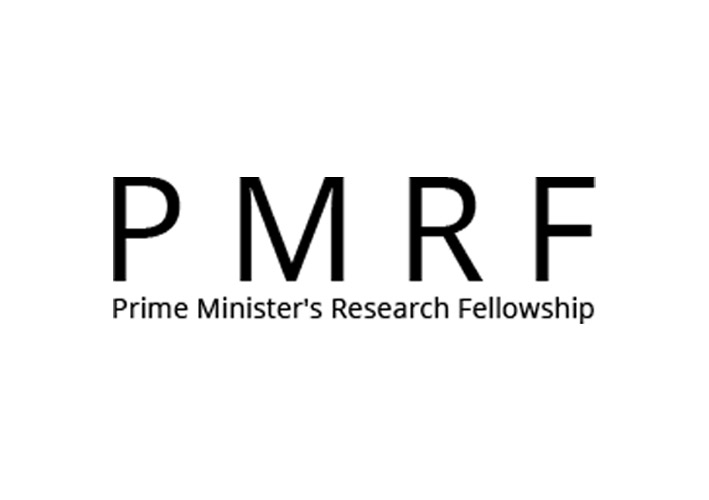Molecular Motors & Cell Motility Lab
“Almost all aspects of life are engineered at the molecular level, and without understanding molecules we can only have a very sketchy understanding of life itself." — Francis Crick, Nobel Laureate
The mechanical work for the cell is performed by the molecular motors along the cell cytoskeleton. The thematic group is focused on understanding these molecular motors & cell motility in the healthy & diseased states.

Faculty Members associated with the lab

Priyanka Singh
Assistant ProfessorGroups under this theme
1. Centrosome Biology Group
|
Centrosomes are molecular machineries which are involved in a plethora of cell functions like spindle organization, cell migration and cell polarization. Their number, position, organization & functioning is precisely regulated in a cell. Any defect in centrosome structure or number could lead to several human diseases like cancer, neurodevelopmental disorders and ciliopathies. The Centrosome Biology group is utilizing a combination of cellular, molecular and biochemical approaches, in order to understand the molecular details of centrosome organization in mammalian cells. |
Projects that the lab is currently catering to |
1. Elucidating the Role of Centrosome Protein CEP152 in Primary Microcephaly (Dr. Priyanka Singh) This project has great potential to develop a molecular understanding of microcephaly development. This might be useful for gene-therapy technologies targeting such diseases. Furthermore, this work will also improve our molecular understanding of centrosome associated proteins in cell division, which can be further extrapolated to look into neural-stem cell divisions. |
2. Role of Centriole Protein,CPAP in Neurodevelopmental Disorder (Dr. Priyanka Singh) We propose a comprehensive approach using cellular, molecular and biochemical methods, to map out CPAP interaction with core centriole proteins and mutation in CPAP leading to neurodevelopmental disorder. |
Key Instrumentation Available |
| Cell culture facility |
| Biosafety cabinet |
| Inverted light microscope |
| -20 °C freezer |
| Nanodrop spectrophotometer |
| -80 °C freezer |
| Gradient thermal cycler |
| Bacteriological incubator |
| Electrophoresis systems |
| Refrigerated centrifuge |














